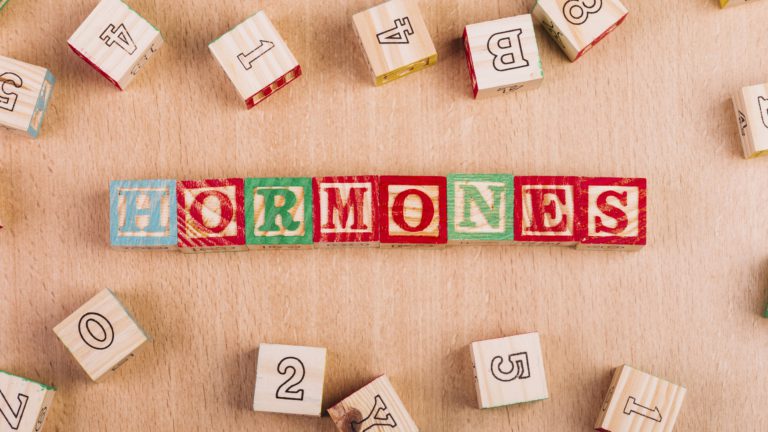One part of the endocrine system that gets a pretty bad reputation, albeit undeserved, is the thyroid. It’s a butterfly-shaped gland that’s quite small, found in the front part of one’s neck. Many people have blamed their weight gain on the thyroid, primarily the issues that can come along with it.
A number of misconceptions have come up surrounding the thyroid, especially in relation to diet. Here are some common myths surrounding diet and thyroid:
Thyroid Disorders Mean You Can’t Eat Cruciferous Vegetables
Cruciferous vegetables have been suspected of interfering with the way your thyroid processes iodine. Examples of this include arugula, bok choy, broccoli, Brussel sprouts, cabbage, cauliflower, collard greens, horseradish, kale, and even wasabi.
Hormone production occurs in the thyroid gland, and iodine plays a role in it. These vegetables actually don’t interrupt iodine processing at all, though, and you should definitely eat them. The only way consuming cruciferous vegetables will actually cause any interruption with hormone production is if you eat an unrealistic amount.
Hypothyroidism (Underactive Thyroid) Requires You to Take Iodine Supplements
If you live in the United States or any other country where a lot of food already has iodine added (like table salt), you don’t need to supplement it. One of the causes of hypothyroidism is iodine deficiency, but if you’re not iodine deficient, you won’t have to take extra iodine. Without proper guidance or prescription by a doctor, iodine supplements can actually negatively affect thyroid function.
Going Gluten-Free Helps Fight Hashimoto’s Thyroiditis and Possibly Cure It
The most common cause of underactive thyroid (hypothyroidism) is Hashimoto’s thyroiditis. Contrary to popular belief, a gluten-free diet will not be able to reverse Hashimoto’s. The misconception largely stems from gluten intolerance being a main symptom of Hashimoto’s as well as celiac disease, with both being autoimmune disorders. Hashimoto’s can coexist with celiac disease.
In those instances, patients would go on a gluten-free diet as part of a wellness program for their celiac disease and not help address Hashimoto’s.
Thyroid Disorder Sufferers Must Have Special Diets
By default, everyone should eat a healthy, well-balanced diet. People with thyroid disorders are no different. Going on a specific diet will not cause your thyroid disorder to dissipate. By default, thyroid function is generally not affected by food at all.
Weight Gain Stems From Hypothyroidism
The big weight gain from thyroid issues that everyone is scared of? At most, that amounts to around 7 pounds only. Any weight gain beyond that has more to do with dietary habits. Key health tips for helping with weight gain include avoiding empty calories found in sugary drinks like soda and being more aware of your portion sizes when you eat.
Conclusion
Over a number of years, if not decades, there have been a number of myths about diet and thyroid. Most notably, thyroid issues get the flak for weight gain. In truth, thyroid functions are generally not affected by food and will not cause you to put on more than 5 to 7 pounds at most.
Looking into wellness programs in Surrey? Contact Health Optimizing Langley! Our wellness programs help aid in the treatment of anxiety, depression, and Hashimoto disease.




